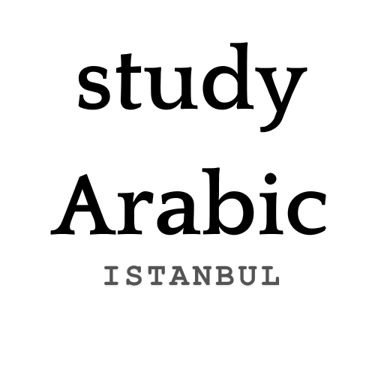The Arabic Language is Like an Ocean Without a Shore
12/22/20244 min read


The Arabic Language is Like an Ocean Without a Shore
The Arabic language is truly “an ocean without a shore,” a metaphor that beautifully captures its essence. Vast, deep, and endlessly layered, Arabic invites those who dare to explore it to lose themselves in its currents. It is not just a language; it is an experience—an eternal journey where the more one discovers, the more there is left to uncover.
For lovers of words, meaning, and beauty, Arabic is a treasure chest waiting to be opened. It is a sea of shimmering depths, where each word glistens with stories, each root echoes with memory, and every line of poetry dances like sunlight on water.
A Vast Sea of Words and Meaning
Arabic is a language of infinite horizons. With roots as deep as time, its vocabulary stretches far beyond imagination. A single root word can birth a family of meanings—intertwined yet distinct—each branch a reflection of the other, like ripples moving across the water.
Take the root ع-ل-م (Ayn-Lam-Meem), which at its heart means knowledge. From it spring words like ‘Ilm (knowledge), ‘Alim (the one who knows), and Ma’loom (something known). It is as though every word in Arabic carries a story—a lineage that connects the speaker to the richness of the past and the clarity of the present.
It is this ability to carry depth in simplicity that sets Arabic apart. What seems like a simple phrase can contain a world of meaning. One word can move like a whisper across the lips but settle like thunder in the heart.
Layers Beneath the Surface
Arabic is a language of layers. Its beauty does not stop at the surface; it dives deep, inviting readers and listeners to reflect, to feel, and to wonder.
Take the word Qalb—the heart. On one level, it is the organ that beats in our chests. But its root, Q-L-B, carries another meaning: “to turn, to change.” And isn’t the heart always turning? Turning between love and sorrow, faith and doubt, joy and grief. One word holds so much more than its letters.
The Arabic language, like an ocean, does not give up its treasures easily. It asks to be explored, to be respected. It rewards those who listen carefully, who dive deeper, with gems of understanding and flashes of light.
The Subtle Beauty of Expression
Arabic has a rhythm of its own. Its words roll like waves—steady, fluid, and graceful. Its poetry, in particular, feels alive, each verse a pulse of emotion. Arab poets have long known how to capture the fleeting moments of life, to bottle love, loss, and longing into lines that linger forever.
In Arabic, even silence speaks. A slight change in a word’s form, a tiny shift in its letters, can change its meaning entirely. Consider Rahman and Raheem—two words for mercy, yet distinct in their depth. Rahman is vast, all-encompassing mercy, like an endless sea. Raheem is specific, close, like a drop of rain on parched earth. Such precision, such subtlety, makes Arabic a language where words are not just tools—they are art.
An Eternal Journey
To learn Arabic is to set sail into a boundless ocean. At first, one might linger on the surface, enchanted by the calligraphy that flows like water or the melody of the words as they are spoken. But soon, the currents pull deeper, revealing the treasures hidden below—poetry that moves the soul, verses of the Quran that echo in the heart, and stories that span generations.
Each word is a pearl, each phrase a hidden cave of meaning. And no matter how far one travels, the shore is always just beyond reach—because Arabic is infinite.
For those who love language, Arabic is not just a subject to study; it is a lifelong companion. It opens doors to a world of wisdom, a culture rich in history, and a faith alive with meaning. It is a bridge that connects hearts across time and place, linking the golden age of scholars to the voices of today.
A Language That Speaks to the Soul
Arabic is not confined to paper or sound; it lives in the soul. It is the language of calligraphy that turns words into art. It is the rhythm of the Quran that soothes hearts. It is the voice of poets who wove love, loss, and beauty into verses that still resonate today.
This is a language that whispers to those who love words and meaning. It invites them to pause, to reflect, to marvel. Arabic is not hurried—it is thoughtful, deliberate, and deeply profound.
Conclusion: The Ocean Calls
The Arabic language is indeed an ocean without a shore. Its vastness humbles the seeker, its beauty captivates the soul, and its depth rewards the patient traveller. It is a language that offers endless discovery, where every word feels like an invitation to dive deeper, to see more, to feel more.
For those who love reading, for those who love beauty, and for those who find joy in uncovering meaning, Arabic is a world waiting to be explored. When one dives in, its waves carries him or her. The more one learns, the more there is to learn, and the more one loves, the more there is to love.
In the end, Arabic is not just a language; it is a reflection of life itself—layered, deep, and infinitely beautiful.
